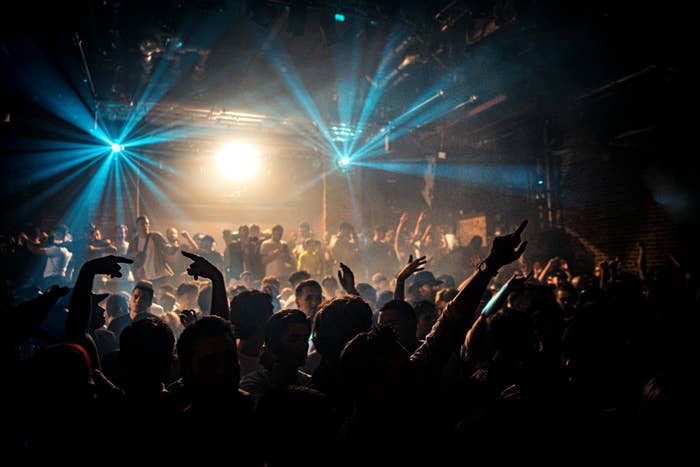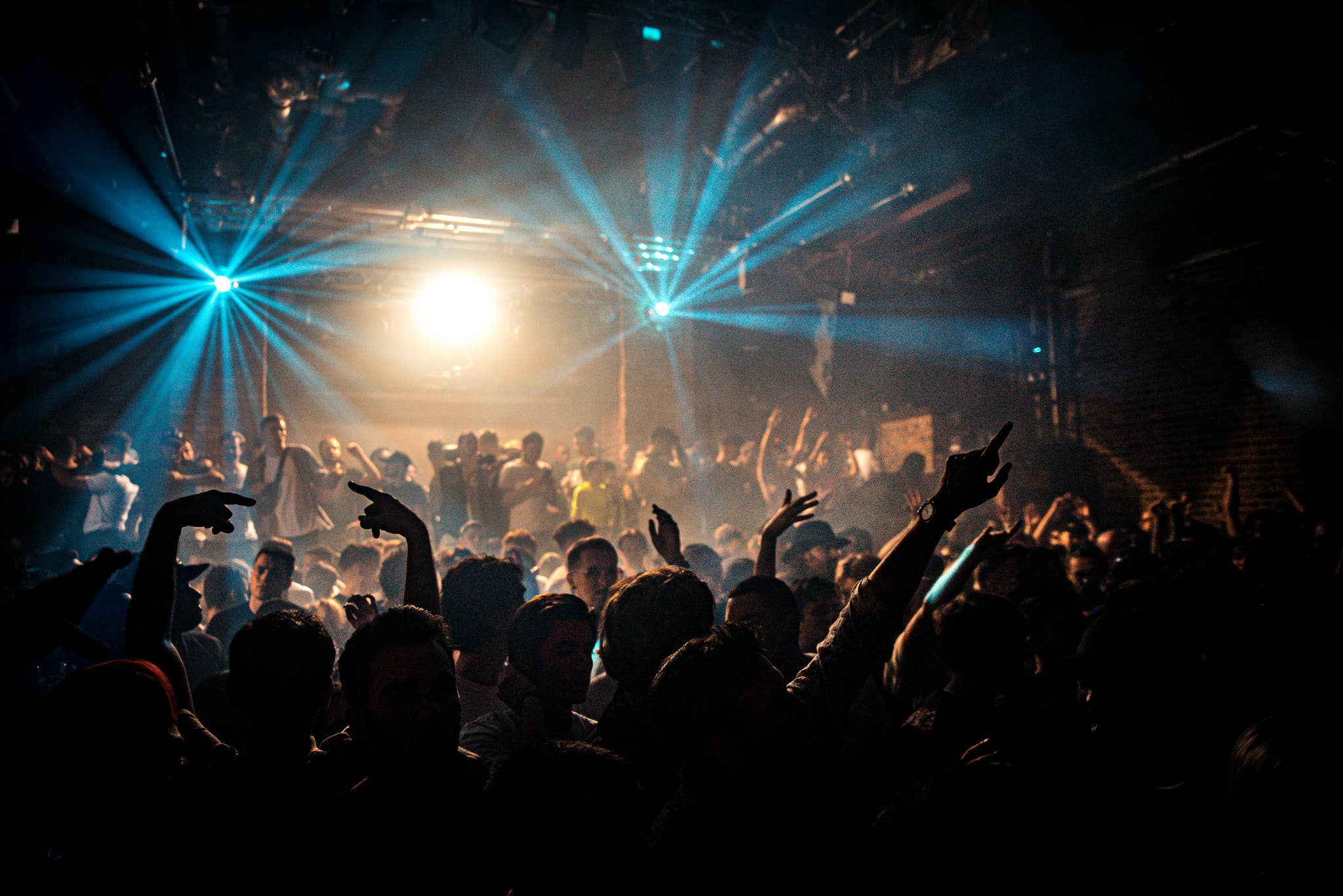
The Night Time Industries Association (NTIA) has accused the Metropolitan Police of reintroducing racist licensing policies to London venues and businesses, Mixmag reports.
The industry body has accused the Met of reintroducing elements of the outlawed Form 696, a risk assessment form that required police to request personal information of artists and promoters as well as the genre of music that would be played at their event.
The form was originally introduced in 2005 with the aim being to target violence in music venues, working as a risk assessment before events. Speaking to The Guardian in 2009, Feargal Sharkey, chief executive at UK Music, said that Form 696 has “the potential to be misused by the police to discriminate against ethnic minorities”.
Form 696 has since been scrapped following Mr. Sharkey’s conversation with The Guardian, yet the NTIA has received several reports of a similar request happening at businesses and venues across the city of London.
NTIA members have also reported threats of licensing reviews held over their heads by the Met Police if they do not continue to provide the information they request and, in extreme cases, closure notices.
According to the NTIA, the police “predominantly target certain music genres. i.e UK garage, drum ‘n’ bass, grime and hip-hop.” This continued rise in reports is claimed to be the Met “reimplementing a discriminatory policy by stealth,” says NTIA CEO, Michael Kill.
Mr. Kill added: “Over the last 6 months, through our membership and the wider industry, we have seen a rise in discussion between Police and Operators around high-risk events and the requirement by Police for information not too dissimilar to the requirements around the 696 form.
“Discussions we have had so far, majority of venues are not being told not to run events, but there is a stark warning by Police for venues and promoters who continue to put an event on which they would deem high risk, with an uncomfortable conversation around potential impact if there are issues on the night. Our sector fought so hard to try to eradicate this unjust practice, and to establish a collaborative approach to licensing that worked with promoters and venues rather than targeting them.”

